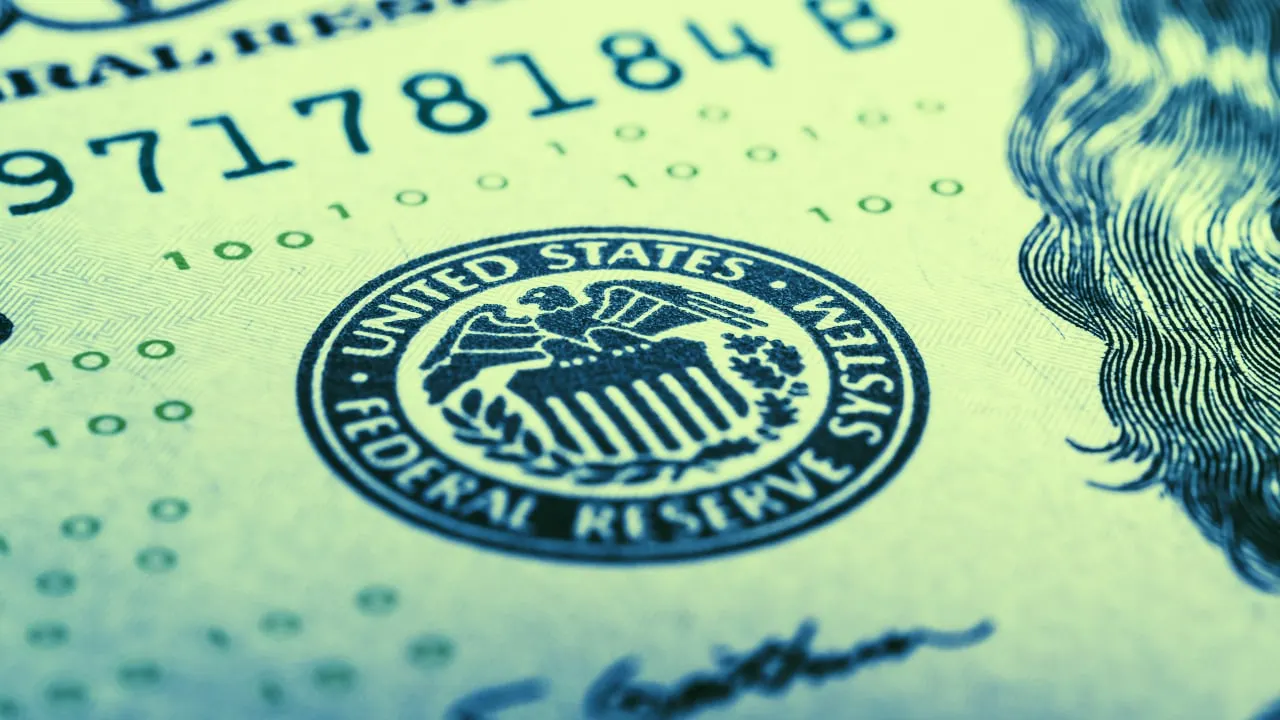After what previously appeared to be only tepid interest in a central bank digital currency (CBDC), the US Federal Reserve is now studying whether to issue its own digital dollar.
This according to Lael Brainard, a governor for the Fed, who said yesterday that the US central bank is “conducting research and experimentation related to distributed ledger technologies and their potential use case for digital currencies, including the potential for a CBDC.”
Brainard made the statements on Wednesday at a conference at the Stanford Graduate School of Business, according to Reuters.
Given its role as the world’s reserve currency, Brainard said during the conference that the Fed needs to be “on the frontier of research and policy development regarding CBDC.” Her comments represent a marked shift in the Fed’s position on a digital dollar. Two years ago, Brainard said that there was “no compelling demonstrated need for a Fed-issued digital currency.”
Last year, the US Federal Reserve announced its intention to create a real-time payments system for banks called FedNow but did not mention a digital currency as part of the system.
Governments race to develop digital currencies
The Fed’s interest in its own digital currency may have changed recently given the current global landscape: Last month, a report published by the Bank for International Settlements found that 80 percent of central banks are already researching whether to issue their own CBDCs.
Several countries, such as China and Japan, have announced plans to launch digital versions of their national currencies sooner rather than later. The governments of both China and Japan publicly stated that their plans for a digital currency were hastened by the perceived threat of Facebook’s stablecoin project, Libra.
And the Fed, according to Brainard’s comments, may be similarly concerned: “Some of the new players are outside the financial system’s regulatory guardrails, and their new currencies could pose challenges in areas such as illicit finance, privacy, financial stability and monetary policy transmission,” the Federal Reserve governor remarked yesterday.
“Because Facebook has an active user network of one-third of the global population, the company’s Libra global stablecoin project has imparted urgency to the debate over what form money can take, who or what can issue it, and how payments can be recorded and settled,” she said.
The race is on as digital currencies becoming increasingly important in the global financial system.

